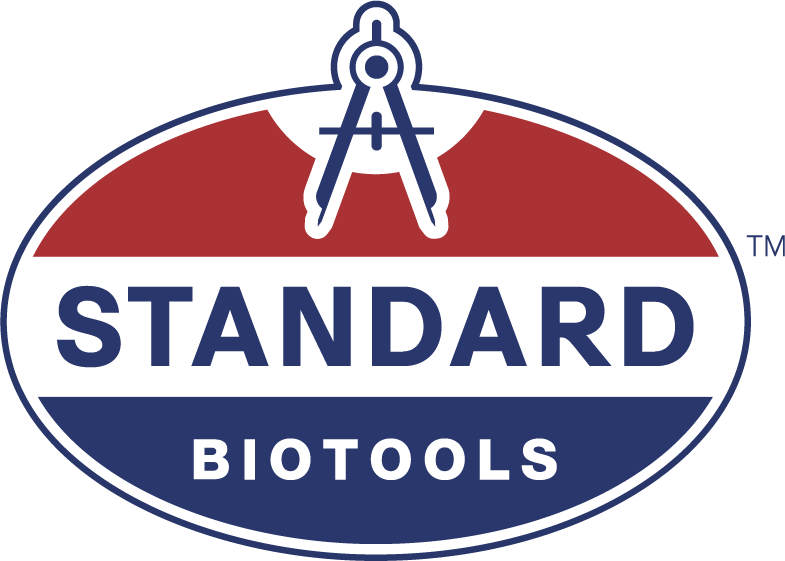
Abstract
A multi-Omic approach to define breast cancer signature in liquid biopsy
In spite of a decrease in mortality by approximately 30% over the past 30 years, breast cancer (BC) remains the leading cause of cancer-related mortality for women in industrialized countries. About one-third of patients still die of the disease, due to the formation of metastases. In order to decrease breast cancer mortality, it is crucial to diagnose BC as early as possible, particularly in younger women, and to prevent or treat metastases effectively.
Previous own preclinical and clinical studies demonstrated that breast cancer alters the gene expression and phenotype in blood circulating leukocytes. With the purpose to discover potential leucocyte-associated biomarkers for early detection and monitoring of breast cancer, we conducted a clinical study on four breast cancer patient groups: Healthy donors, Patients with primary breast cancer, patients with a first metastatic relapse and time-match patients in remission. Blood samples were harvested and analyses freshly to study leucocyte/lymphocyte populations, both at the transcriptomic level, using single-cell mRNA sequencing of mononuclear cells (PBMCs) and bulk mRNA sequencing of polymorphonuclear granulocytes, and at phenotypic level, using multiparametric Flow Cytometry for cell surface markers analysis on monocytes and granulocytes.
Preliminary analysis of the different results reveals a potential breast cancer signature including both transcriptomic and phenotypical targets. These results already validated the validity of the multi-omic approach selected for this study, but also revealed the complexity of combining advanced technologies to extract relevant data to interpret for clinical use.














